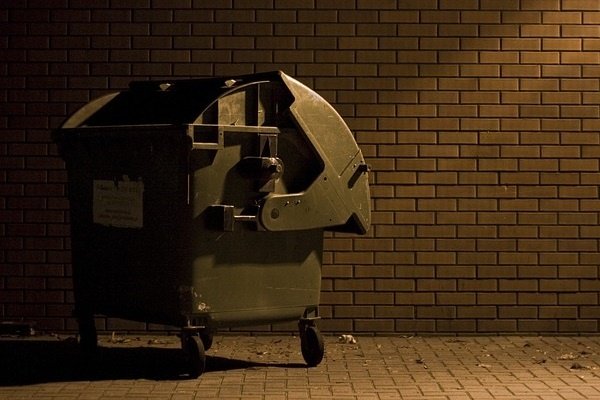5 reasons why your recycling program isn’t performing

Getting your recycling program to achieve peak performance is no small feat. If you’re already there, kudos (also, what’s your secret… seriously?).
The struggle is real. Whether you’re fighting an uphill battle against recycling apathy in your community, struggling to hit your diversion rate targets, or looking for creative ways to do more with less, there’s no shortage of hurdles stopping you from hitting your goals. Sadly, there’s a shortage of good solutions, and there’s certainly no one-size-fits-all fix.
Today, we’re going to look at 5 reasons why your recycling program isn’t performing. We’ll also add some suggestions on how to overcome them.
1) It isn’t accessible
Accessibility is a big deal. In fact, it’s one of the biggest deterrents to recycling, according to a recent Ipsos study.
So, what does this mean for you?
If you only offer program information over your website, then it isn’t accessible. But it’s a start. People want convenience. They want to be able to find the information they need over a channel that’s familiar to them. Unfortunately, that’s different for everyone. Some might prefer a mobile app, others might rely on print materials, like calendars.
Voice technology is also becoming increasingly important for the visually impaired, the elderly, and anyone looking for an intuitive way of finding information. By addressing some of these gaps, you can make your program more accessible. By the way, it needn’t be prohibitively expensive, either. If you’re interested, this is something we can help you out with.
2) Missed opportunities
Chances are, you’re missing out on communications opportunities. And guess what? Most of them are free. We work with plenty of public works departments across the country but only a small fraction of them maintain social media accounts. All of them should.
And if you need convincing, consider this: Over the course of a lifetime, your residents will spend a year and seven months on Facebook and eighteen days on Twitter. People live on social media. Do you?
Of the communities on social, most use it to remind residents about schedule changes, upcoming collection events, or as an educational resource, providing people with helpful tips and tricks. One of our customers, the Essex-Windsor Solid Waste Authority does a great job at this. Feel free to check them out for more context. Though managing social media does take up resources, it’s an effective tool when used correctly.
3) It isn’t standardized
Stop signs look the same no matter where you go. If they didn’t, the roads would be a complete mess. Unfortunately, we don’t apply the same logic to bin labels, which look different everywhere, sometimes inside the same community. Right now, we don’t have a standard—with the exception of Rhode Island. Recycle Across America is an organization that’s trying to change that in the U.S.
4) It’s too complicated
We get this complaint all the time. Recycling’s confusing. It’s too complicated. One community might accept all plastic containers except for black plastics. Another might accept organics in plastic bags, even though plastic bags aren’t accepted in recycling. The list goes on. To the uninformed, these nuances can be frustrating. Contradictory, even.
That’s why municipalities are starting to embrace a back-to-basics approach. Instead of focusing on broadening the different kinds of materials they accept, they’re stressing the basics, like: paper, cardboard, glass, #1 and #2 plastics, and cans. There’s also a shift back to dual-stream processing.
5) Not enough time
Time is a luxury. If you’re in public works, you know exactly what we’re talking about. Before working with us, some of our customers devoted as much as 30-50% of their staff resources to customer service requests. That doesn’t leave you with much time. But there are automation tools that can carry some of the burden. We’re one of them.
We’re always curious to lean more about how different communities manage their solid waste. If you’re interested in learning more about us and how we can help you better face today’s recycling challenges, feel free to click the button below, and we can book a time to chat.